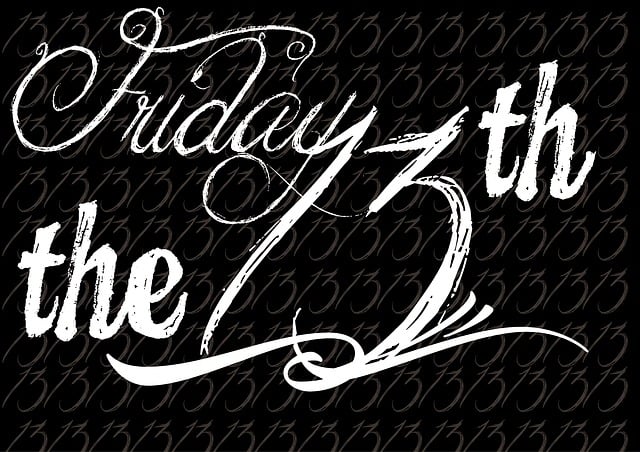Lately, savings accounts have been paying a pretty solid return. Companies like Capital One and Discover have been offering over 4% APY.
It’s not necessarily free money, given the high rate of inflation, but it’s been one way to keep your dollars from eroding in value versus just putting them in a bank account earning a measly 0.01%.
When savings rates began to rise a few years ago, I started to make my mortgage payments later in the month.
The logic was that I could earn more interest on my money if I kept more of it in a savings account for a longer amount of time.
While maybe not a massive amount of money, still more money.
You Don’t Get Any Savings by Paying on the 1st of the Month
First a quick overview. Mortgage payments are typically due on the first of the month, but not actually late until 15 days later.
In other words, most loan servicers will give you a grace period to pay any time between the first of the month and the 15th without penalty.
So while “technically due” on the first, it’s not actually late until the 16th. I never looked into why they do this, but this tends to be the universal rule (always check with your bank/servicer to be sure!).
And because most mortgages in the United States are simple interest and calculated monthly, it doesn’t matter when you pay in terms of interest charges.
If you pay on the first every month, you won’t save money on mortgage interest versus paying on the fifth or the 15th.
The amount of interest due is already determined and you’re simply making a payment for the prior month’s interest.
In short, there is no benefit to paying early in the month vs. mid-month. This isn’t the case for HELOCs, which are calculated daily.
You Could Get Savings by Paying Mid-Month
While you won’t see any interest savings by making mortgage payments early in the month, you could see savings if you wait until closer to mid-month.
As noted, many savings account pay 4% or more at the moment.
If your mortgage payment is say $3,000 per month, you could arguably keep that money in your high-yield account until the 13th.
That would give you another couple weeks of earnings at whatever the yield is, say 4%. And that would mean a higher interest payout at the end of the month in your savings account.
While it might not be a ton of money, it can add up, especially if you have larger mortgage payments and/or multiple payments to make.
The interest will also compound over time and make it even more valuable the longer you do this.
This is why I often pay my mortgage closer to the 15th of the month. They say every little bit helps.
Pay Other High-Rate Debt Early in the Month Instead
What if you carry other, higher-interest rate debt that accrues interest daily, such as a credit card?
Many Americans have revolving credit card debt that isn’t paid off in full each month. As a result, interest accrues every day on the outstanding balance.
Obviously, you should strive to pay the balance in full by the due date each month so this isn’t the case and you get a “grace period.”
But if this isn’t feasible, you could argue to pay as much toward that balance (or balances) as early as possible to reduce the interest expense.
Then just be sure to pay the mortgage before the due date.
In this scenario, you’re essentially allocating money toward the debt that is actually costing you more money each day.
The mortgage interest due is the same whether paid on the first or 15th, so there’s no advantage to paying it sooner.
The one caveat here is to make sure your payment clears on time. That’s why I usually pay on the 12th or 13th to ensure there isn’t a delay or something.
If there is, you could be charged a sizable late fee. But note that mortgages aren’t considered delinquent until 30 days past the due date, at which point it could be communicated to the credit bureaus.
The takeaway here might be to remember that there’s no benefit to paying a mortgage early in the month, but there could be a big benefit to paying other debt early, like a credit card or HELOC.
However, you can still pay off your mortgage early if you choose, but that involves making additional payments to the principal balance, beyond the regular payment due.
And doing so early on in the loan term can actually save you more.
(photo: Vanessa)
Publisher: Source link











